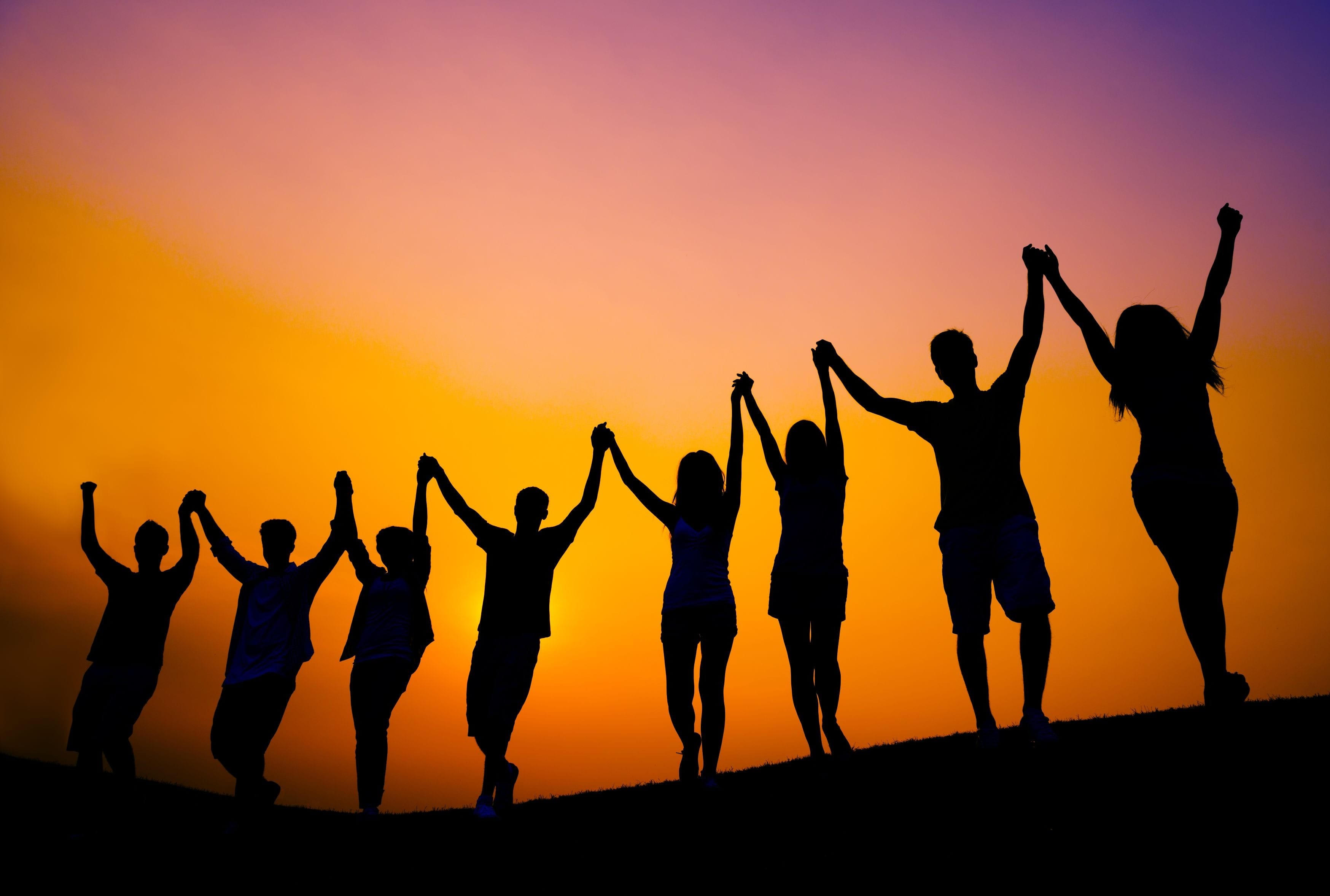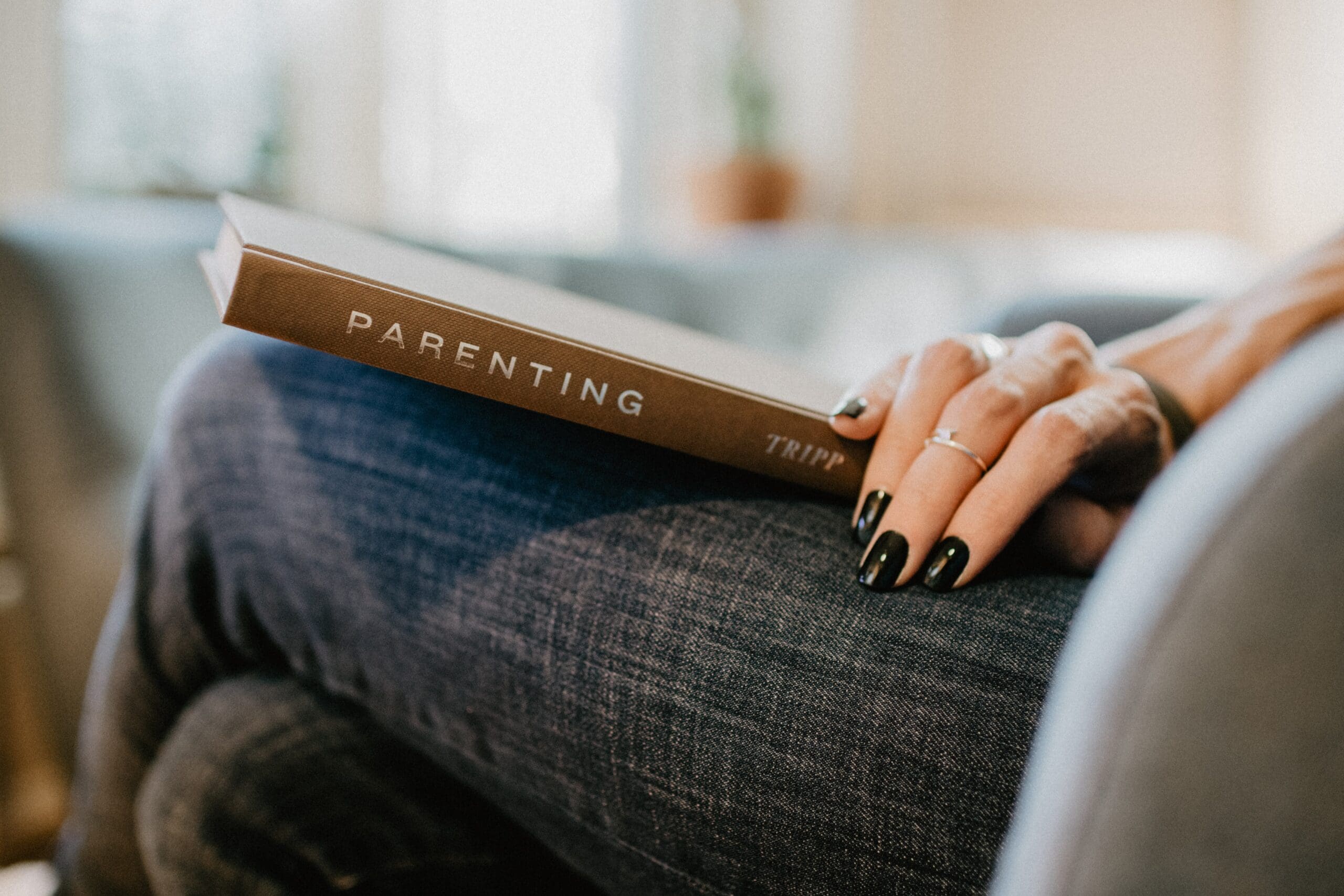Thinking about how we help others grow and become their genuine selves brings up a lot of important thoughts, doesn't it? It’s not just about getting bigger or older; it’s about a deeper kind of development, a way of helping someone truly stand on their own. This idea, so, of "raising free people" touches on many different aspects of how we support individuals from their very beginnings to becoming fully independent beings, able to think and act with a true sense of self-direction.
The concept of "raising," as it's often used, suggests an active role, a hand extended to assist someone in moving upward or getting to a better spot. It speaks to the effort involved in helping a person go from a low point to a higher one, or from being dependent to having a strong, upright presence. This kind of helping hand, you know, is at the very core of what it might mean to encourage someone to grow into their own unique version of a free person, someone who can make their own way in the wide world.
We are talking about more than just physical growth or simply getting older. It involves providing what is needed for someone to thrive, to protect them as they develop, and to actively help them ascend to a place where they feel capable and self-reliant. This means giving them the tools and the space to discover their own paths, to make choices, and to truly express who they are, so they can live a life that feels authentic and personally chosen.
- Zoe Buckman Movies
- Jamie Fosters
- Penn Badgley Shaved Head
- Jason Scott Serial Killer
- New Sandwich Dunkin Donuts
Table of Contents
- What Does It Mean to Help Someone Stand Tall?
- How Do We Lift Others Up?
- Growing and Nurturing - The Core of Raising Free People?
- Is Guidance Always Obvious?
What Does It Mean to Help Someone Stand Tall?
When we think about helping someone rise to a standing position, it goes beyond a simple physical action, doesn't it? It's about helping them find their balance, their inner strength, so they can truly stand on their own two feet. This idea connects deeply with the thought of helping someone become a free person, someone who feels capable and ready to face the world with their own unique outlook. It is, in a way, about giving them the inner structure they need to support themselves, to feel solid and secure in who they are.
This kind of support involves providing the necessary foundations for self-sufficiency. It means creating an environment where individuals feel safe to explore, to try things out, and to learn from their experiences without constant oversight. We are, you know, essentially helping them build their own internal scaffolding, allowing them to gain the confidence that comes from knowing they can rely on themselves. It's a process that encourages personal discovery and the development of one's own unique way of being in the world.
Consider the image of setting something upright or erect. This isn't just about positioning; it's about stability and purpose. For a person, it means helping them find their own sense of direction, their own moral compass, and their own personal convictions. It’s about helping them stand firm in their beliefs and values, even when faced with challenges. This firmness, in some respects, is a vital part of being a free individual, someone who can choose their own path with conviction and clarity.
Fostering Independence in Raising Free People
Encouraging independence is a central piece of helping people grow into their own. It means allowing space for personal choice and for individuals to experience the results of those choices. When we talk about "raising free people," we are truly talking about creating conditions where self-reliance can take root and flourish. This might mean stepping back a little, letting them try things, and being there to support, rather than to control, their every move, that.
The process of providing sustenance and protection for a living thing from its very beginning to its full maturity is, so, a beautiful picture of what it means to foster independence. It's about ensuring they have what they need to survive and grow, but also about giving them the freedom to explore their world, to test their own limits, and to discover their own capabilities. This kind of careful tending helps them build the skills and confidence required to eventually stand completely on their own, making their own decisions and shaping their own lives.
Allowing someone to develop their own sense of self, without undue pressure to conform, is a profound act of support. It is about recognizing their inherent worth and potential, and trusting that, given the right environment, they will grow into capable, self-directed individuals. This approach, you know, is fundamental to the idea of "raising free people" – it’s about releasing them into their own strength, rather than holding them back or shaping them into something they are not meant to be. It is, in a way, about letting them bloom in their own time and in their own unique fashion.
How Do We Lift Others Up?
The act of lifting something to a higher position, like using a crane to raise loads, suggests a deliberate effort to improve circumstances or to elevate status. When we apply this to people, it means actively helping them to ascend, to achieve more, or to reach new levels of personal development. This kind of assistance, so, is a key part of helping someone become a truly free person, someone who can reach their highest potential and live a life of purpose. It is about providing the means for their advancement, both personally and in their wider world.
This lifting up can take many forms. It might involve providing opportunities that weren't there before, sharing knowledge that opens new doors, or simply believing in someone's capabilities when they might not yet believe in themselves. It's about seeing the potential within them and helping them to bring it forth, to manifest it in their lives. This kind of active support, you know, is a generous act, helping individuals to rise above challenges and to grasp new possibilities that might have seemed out of reach.
The idea of an elevation, such as a raising of the land from volcanic activity, shows how powerful forces can create new ground, new heights. In a similar way, our efforts to lift others up can create new landscapes for their lives, giving them new perspectives and new chances to thrive. This is about more than just giving a temporary boost; it’s about creating lasting changes that allow individuals to sustain their own upward movement. It is, in some respects, about helping them build their own mountains to stand upon.
Providing Support for Raising Free People
Providing genuine support for individuals, especially when we consider "raising free people," means more than just being present. It means actively seeking ways to empower them, to give them the tools and encouragement they need to succeed on their own terms. This might involve gathering resources, much like collecting money for a cause, to ensure they have access to what they need for their growth and well-being. It is, you know, about making sure they have a solid foundation from which to launch their own initiatives.
This kind of support also involves an ongoing commitment to their development. It's not a one-time act but a continuous process of nurturing and protecting them as they move through different stages of life. From their earliest moments to becoming fully formed adults, this steady provision of sustenance and care helps them feel secure enough to explore their own interests and to develop their own unique talents. It is, basically, about creating a safe space for them to become who they are meant to be.
The goal of this support is to help individuals feel capable of making their own way, to feel truly independent. It’s about giving them the confidence to navigate their own paths, to make their own choices, and to learn from their own experiences. This approach, so, is essential for "raising free people" because it respects their autonomy and encourages them to take ownership of their lives, rather than relying solely on others for direction or solutions. It helps them to become their own best advocates and guides.
Growing and Nurturing - The Core of Raising Free People?
When we talk about growing or nurturing something over time, like children or animals, it speaks to a deep, ongoing commitment. It is about providing steady care, consistent attention, and the right environment for development from a very early stage to full maturity. This patient process, you know, is at the very heart of what it means to help someone become a free person, someone who has had the chance to develop naturally and fully, without being rushed or constrained.
This nurturing aspect involves more than just meeting basic needs. It means fostering curiosity, encouraging exploration, and allowing for mistakes as part of the learning process. It's about understanding that growth isn't always linear and that sometimes, a little space and time are the best things we can offer. This approach, in some respects, allows individuals to discover their own pace and their own methods for learning and growing, which is vital for true freedom.
The idea of "raising" as providing sustenance and protection from conception to maturity is a powerful one. It highlights the long-term nature of this commitment and the comprehensive care involved. It's about ensuring that every stage of development is supported, so that the individual can reach their full potential, whatever that may be. This kind of holistic care, so, is fundamental to helping someone become a self-reliant and truly free individual, capable of making their own way in the world with confidence and skill.
The Nurturing Side of Raising Free People
The nurturing side of helping people become free involves a delicate balance of guidance and freedom. It's about creating a safe and supportive setting where individuals feel comfortable enough to take risks and to express themselves without fear of harsh judgment. This means listening carefully to their thoughts, respecting their feelings, and providing encouragement as they explore their own unique interests and talents. It is, in a way, about cultivating an environment where their true selves can blossom.
This nurturing approach also means being a consistent presence, a steady hand that offers support without stifling personal initiative. It’s about being there to celebrate their successes and to help them learn from their setbacks, all while reinforcing their inherent capacity for growth and self-direction. This steady presence, you know, builds a deep sense of security, which is essential for individuals to feel confident enough to venture out and claim their own independence.
Ultimately, the goal of nurturing in the context of "raising free people" is to help individuals become their own best advocates and guides. It’s about equipping them with the inner resources and resilience they need to make their own choices, to solve their own problems, and to live a life that truly reflects their own values and aspirations. This kind of nurturing, so, is a profound gift, empowering them to live a life of genuine freedom and personal fulfillment.
Is Guidance Always Obvious?
Sometimes, guidance isn't about shouting instructions or making grand statements. Think about how the oldest staff maintained discipline often just with the raising of an eyebrow. This subtle signal, so, communicated a clear message without a single word being spoken. This gentle, almost imperceptible way of guiding is very much a part of helping someone grow into a free person, someone who can pick up on cues and adjust their course without needing overt control.
This kind of quiet direction respects an individual's intelligence and their capacity for self-correction. It suggests that a person can understand what is needed with just a hint, a slight suggestion, rather than needing to be told exactly what to do. This approach fosters a deeper kind of awareness and personal responsibility, as the individual learns to interpret subtle signals and to make their own adjustments. It is, you know, about trusting their ability to understand and respond thoughtfully.
The idea that there were no expletives or pouting, just a mere raising of the eyebrows if a shot went astray, highlights a calm and composed way of offering feedback. This gentle, non-confrontational method allows for learning without creating defensiveness or resentment. It encourages self-reflection and personal growth, which are crucial for individuals to develop their own internal compass and to become truly self-governing. This kind of calm presence, in some respects, is a powerful tool for guiding without dominating.
Gentle Direction for Raising Free People
Providing gentle direction for "raising free people" means understanding that true influence often comes from a place of quiet observation and subtle suggestion, rather than overt command. It involves being present and attentive, ready to offer a slight nudge or a thoughtful question that helps someone find their own answer, rather than simply giving them the solution. This method, so, respects their intelligence and encourages them to develop their own problem-solving skills.
This approach also means recognizing that individuals learn best when they feel respected and trusted. A gentle raising of the eyebrows, or a quiet word, can be far more effective than a loud reprimand, especially when the goal is to foster a sense of personal agency. It allows them the dignity of figuring things out for themselves, even if they need a little bit of a hint to get started. This kind of subtle guidance, you know, builds confidence and encourages a deeper kind of learning that sticks with them.
Ultimately, gentle direction in the context of "raising free people" is about empowering individuals to become their own best guides. It's about teaching them to read the situation, to understand the consequences of their actions, and to make adjustments based on their own insights. This method cultivates self-awareness and self-reliance, which are essential qualities for living a life of genuine freedom and making choices that truly align with their own values and aspirations. It is, basically, about helping them develop their own internal wisdom.
The concepts discussed here, from helping someone stand tall to offering gentle direction, all contribute to the broader idea of "raising free people." This includes actively helping individuals to rise to a standing position, providing sustenance and protection for their growth from conception to maturity, and offering support that elevates their position and capabilities. It also means nurturing their development over time, allowing them to grow and flourish, and providing guidance that is often subtle rather than overtly controlling. The aim is to foster independence, self-reliance, and the ability to make personal choices, ensuring individuals can truly govern their own lives.
- Whens The Eagles Parade 2025
- How Tall Is Joni Mitchell
- Decter Holland
- Victoria Secret Bodysuit Long Sleeve
- Marshall Shaffer


